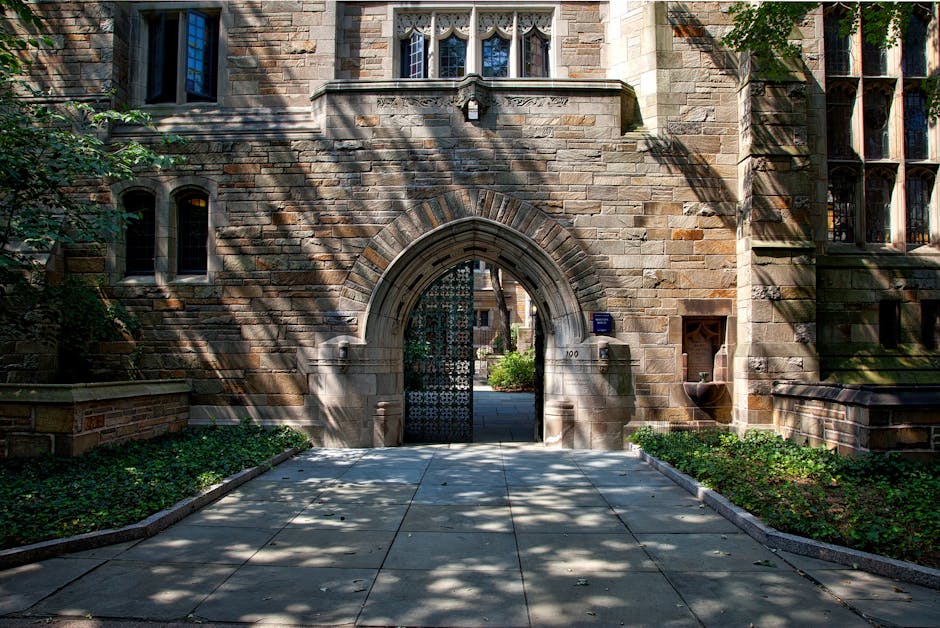For trainees stepping onto the schools of America’s the majority of prominent universities, one concern has ended up being annoyingly familiar: Should somebody step in to stop top-tier graduates from heading into management consulting? What starts as a lively query masks a more comprehensive truth: Elite schools have actually ended up being the beginning point of extremely managed profession pipelines, where financing, consulting, and innovation companies strongly court trainees from freshman year onward.
The strength of recruitment has actually reached a point where trainees typically feel the pressure to prepare their post-graduation professions before they have actually totally explored their interests.This early funneling shows a complicated crossway of chance, expectation, and social understanding. While employers argue that early engagement provides vital benefits, specifically for trainees from modest backgrounds, the practice likewise triggers issues about restricting intellectual expedition and strengthening homogeneity in profession courses.
As young people browse these pressures, a growing union of trainees, alumni, and academics is questioning whether universities need to act as simple avenues to high-paying markets or foster wider horizons for their graduates.
Career funneling specified
According to reporting by the Wall Street Journal, the phenomenon, typically described as profession funneling, explains how universities discreetly assist trainees towards specific markets, especially financing, consulting, and innovation.
Sociologist Amy Binder created the term over a years back, keeping in mind that schools progressively use business collaboration programs, permitting companies to determine leading skill early.
For trainees, this can indicate a consistent development from school clubs to internships and ultimately full-time functions in extremely competitive companies.
Trainee experiences and school pressure
For lots of trainees, the pressure is palpable from the first day. At Yale, roughly 9% of first-years used to the Yale Undergraduate Consulting Group, the university’s biggest consulting club, which arranges workplace gos to and unique occasions with significant management-consulting companies, President Pol Berger Romeu informed Washington Journal.
Freshmen typically get invites to networking sessions even before they are completely accustomed to school life.Wellesley College junior Iris Zhan explains a detach in between liberal arts education and profession truth. While her program highlights varied profession possibilities, the organization greatly promotes financing and seeking advice from functions, leaving trainees feeling restricted to narrow choices. “It’s a liberal arts college due to the fact that these individuals have many various interests, and those are not being represented,” Zhan stated to the Wall Street Journal.
Generational stress and anxiety fulfills early expertise
The timing of recruitment accompanies a special generational context. Gen Z deals with increased unpredictability about task stability, sped up by automation, expert system, and current prominent layoffs. The sense that commitment to a company might not be reciprocated has actually magnified the pressure to protect “safe”, high-paying positions instantly.This stress appeared at the current Reimagining Elite Higher Education conference at Yale, where 300 trainees, professors, and alumni from 51 organizations collected to reevaluate the function of universities in forming profession trajectories.
Individuals discussed whether colleges ought to serve as skill pipelines to Wall Street and Silicon Valley or cultivate more extensive instructional experiences.
Opportunities and reviews
Supporters of early recruitment argue that these practices offer important chances, specifically for trainees from low-income backgrounds. For some, early access to internships and mentorships can be transformative, opening doors that may otherwise stay closed.Critics, nevertheless, caution that funneling decreases the exploratory function of college. A Wall Street Journal evaluation of Yale and Harvard alumni information shows that approximately one in 5 Yale graduates getting in the labor force signs up with financing, while over half of Harvard’s class of 2025 pursuing work right away post-graduation target consulting, financing, or innovation functions. Less than 1% imagine a decade-long profession in consulting, recommending early expertise might misalign with long-lasting interests.
Towards a more comprehensive point of view
Advocacy groups like Class Action objective to recalibrate the system by postponing recruitment timelines, inspecting school-corporate collaborations, and promoting options such as civil service, education, and social-impact professions.As elite universities browse these contending pressures, the argument over profession funneling raises essential concerns about the function of college. Should colleges mostly function as launchpads for high-paying business functions, or should they support interest, expedition, and social engagement? The response might form not just the professions however the identities of generations to come.

